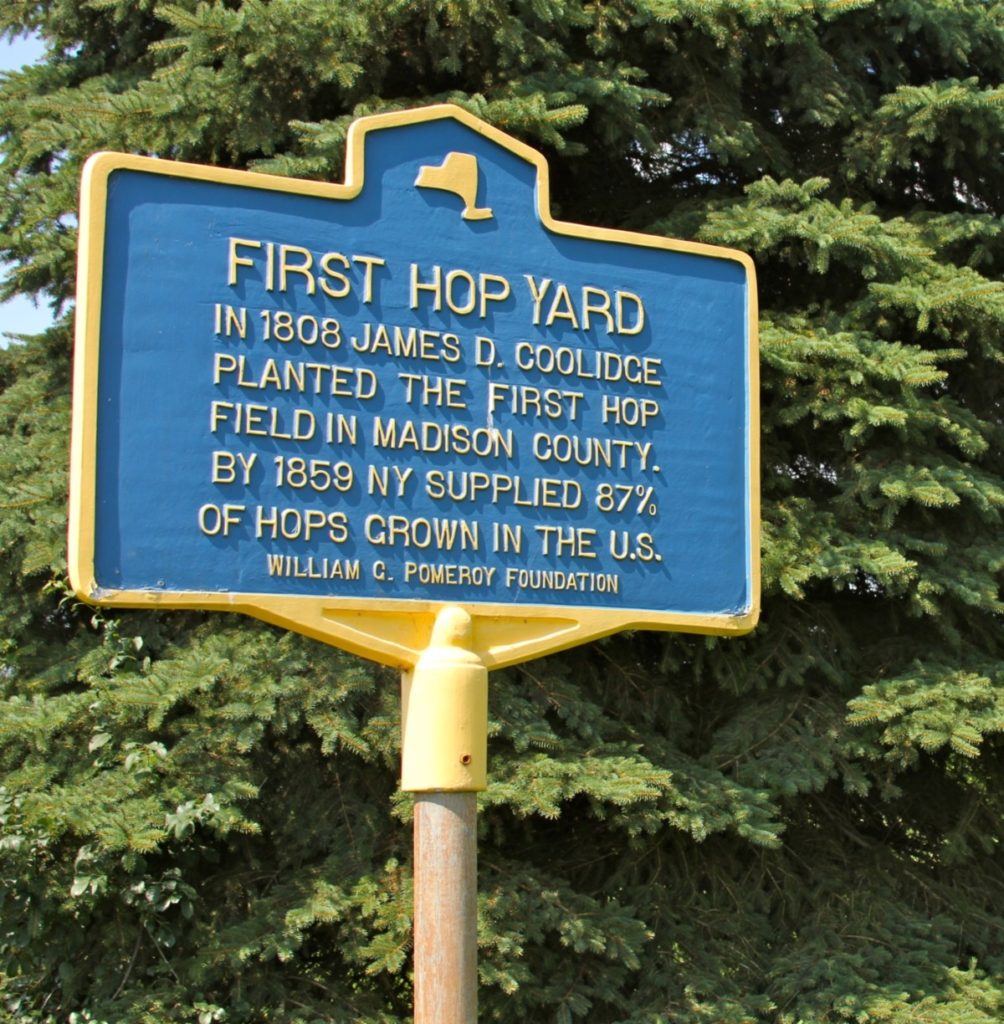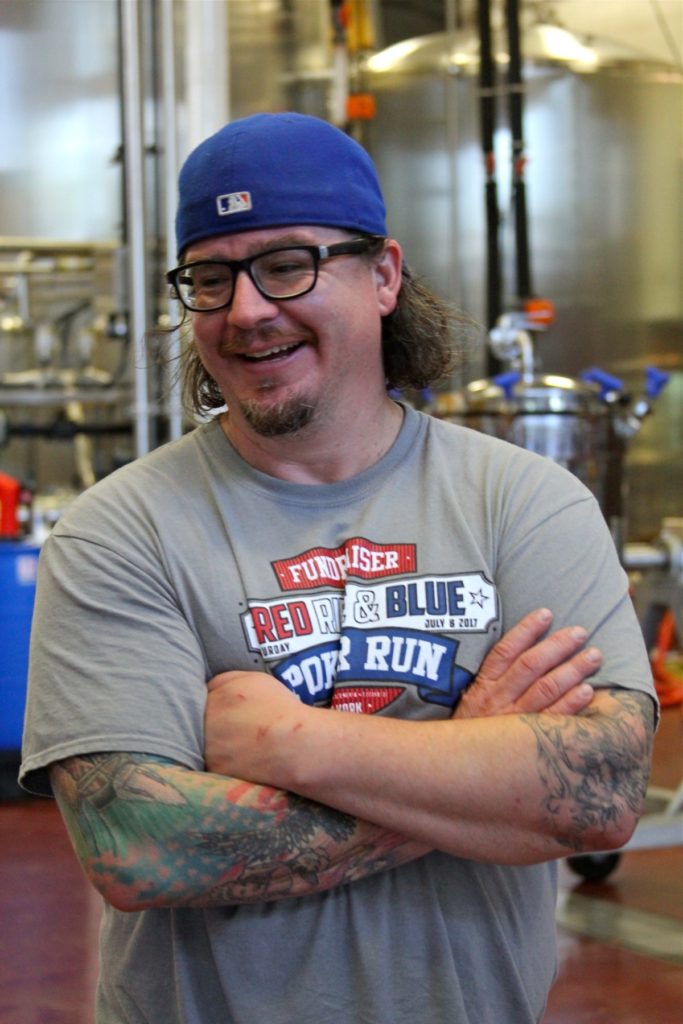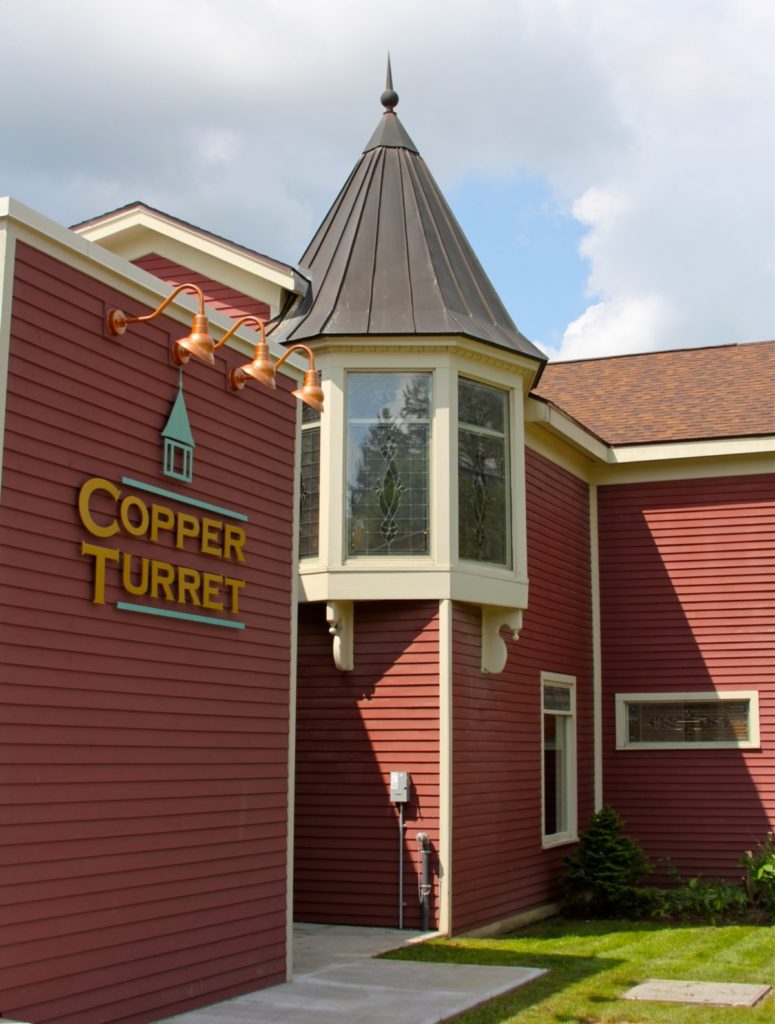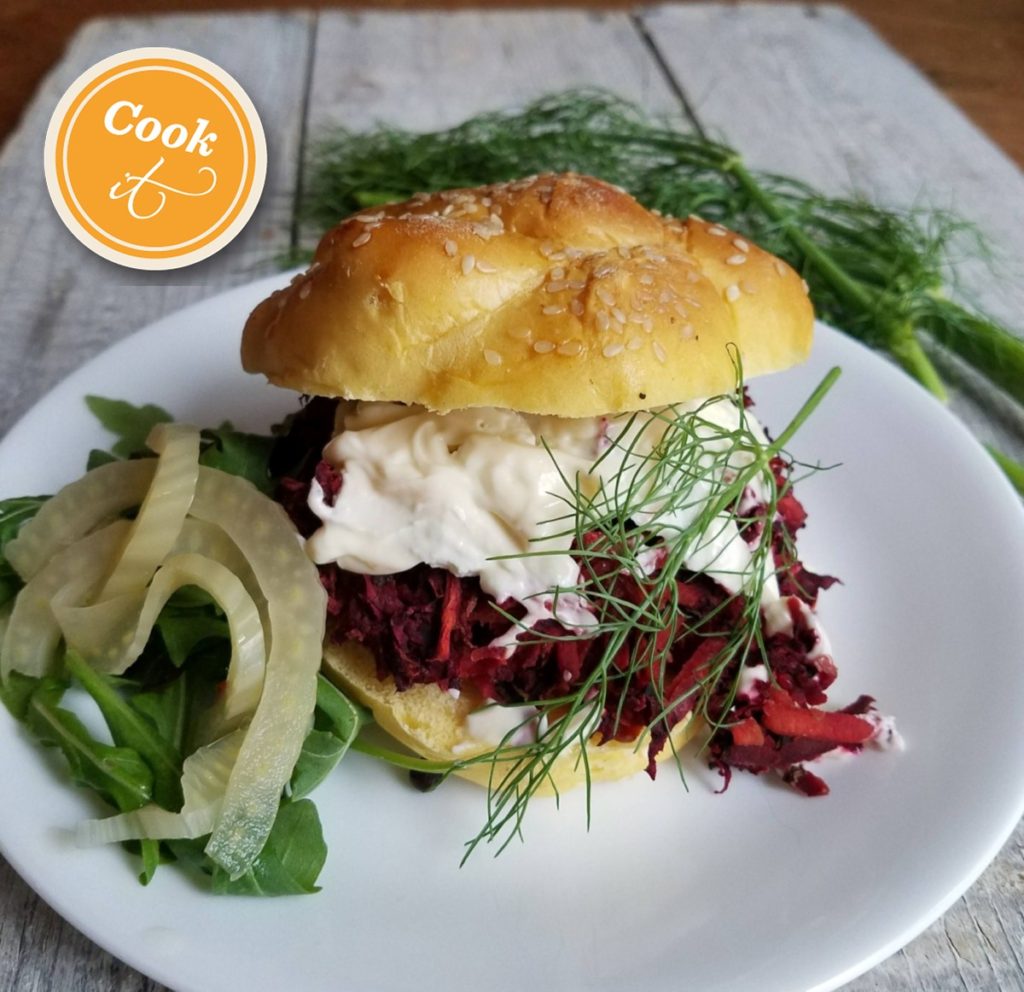Matt Whalen is showing me around the spanking new home of Good Nature Brewery when the news thunders in by phone. Blight Buster, one of four pale ales in Good Nature’s line-up, has nabbed the gold medal for American Pale Ales in the annual New York State Craft Beer Competition. That’s doubly impressive: the category was the contest’s most popular, with 88 entries, and the state beer competition is the second biggest in the US.
Of course, I order a pint. The ale is potent with aromas of tropical fruit and melon, the tasting notes say; pine and gooseberry hit the palate. “I haven’t tried all the entries,” I tell Whalen in the understatement of the century, “but this is a winner with me.”
Good Nature is one of several craft breweries, together with a winery and a couple of distilleries, along the recently christened Cazenovia Beverage Trail. The trail cuts through bucolic Madison County, wedged between Syracuse and Utica and New York State’s geographic centre.
Just this fall, three new breweries came on stream. But the truth is craft brewing’s popularity seems downright preordained here. America’s first commercial hops crop was sown less than seven miles from Good Nature’s location. In the early 1800s the area was the biggest hops producing region in the United States. Even European brewers bought county hops. But a series of blights and Prohibition together wiped out commercial production by the early 1900s.

Today’s beer boom, however, arises from more recent history. In 2012, New York lawmakers established a licensing regime for farm breweries. In exchange for reduced red tape, those brewers agreed to source state-grown products. Requirements are set to rise over time, from today’s minimum of 20 percent of state-grown ingredients to 90 percent by 2024.
Both brewing and farming operations have mushroomed as a result. From just 51 breweries in 2013, for example, New York currently boasts about 400.
History is useful. But it’s hardly necessary for visiting the brewers and hearing their stories.
Stories like that of Matthew and Juanita Critz. Their Critz Farms Brewing & Cider Company grew like Topsy after they began growing Christmas trees in 1985. When families came to cut down a tree, they’d muse about picking Halloween pumpkins. So the Critzes added that crop – and then, in family-friendly fashion, tractor rides, a petting zoo, a corn maze and apple picking. From the apple harvest, they started making sweet cider with a 130-year-old press Matthew is proud to show visitors; soon folks demanded the hard stuff.
Then he chuckles, “The next question people had was, ‘When will you make beer?’” He hired Keith Lindner, who got into craft brewing in Colorado while a PhD student in geography. The beer operation is small. Some equipment does double duty with cider-making. Even so, the brewery won a silver medal in its first brewing competition. While Lindner tries to bring out the taste of hops and barley, he’s added balsam, blue spruce and Norway spruce tips to one brew. Maple syrup, tapped on the property, flavoured another. About 90 percent of his barley is grown on the farm, too.
If Critz is the essence of small scale – they bottle by hand – then Empire Farm Brewery is Madison County’s Goliath. Situated on a pastoral 22 acres, its 40,000-square-foot facility opened in mid-2016. It’s the largest farm brewery on the US east coast, distributing product across three states and China. Says marketing manager Emily Whalen: “We’re looking to become a destination brewery. We want to show people there’s someplace outside the Finger Lakes wine district that has good New York State beverages.” They’ve apparently succeeded: in late 2017, it was named upstate New York’s best brewery by www.nyup.com.

Its 100-seat tap room overlooks a recreation trail used for everything from cycling to fox hunting. Design touches include salvaged materials from a long-decommissioned pre-Prohibition brewery. Visitors see on-site production of ingredients: Empire produces the lavender and honey for a wheat ale; its own pumpkins go into a pumpkin ale. With 17 years’ experience, brewer Tim Butler has also crafted ales with apples, grapes and tea, and one whose ingredients hail entirely from Cazenovia.
But brewers need more hops and barley than they can grow themselves. Enter folks like Larry and Kate Fisher of Foothill Hops Farm. Their story begins when Kate read local history books. “The authors talked about hops, and trains moving hops, and hops pickers in the early 1800s,” she says, “and I didn’t have any idea what hops were.” She learned. That was in 2000. A year later, the Fishers were growing their own crop of 100 plants. Odds weren’t especially good. Their land isn’t ideal (Kate quips, “It’s clay; you could just literally dig it up and make pottery”) and the couple lacked farm backgrounds.
After a 2008 global hops crisis opened up markets for them in California and Alaska, however, things took off. They now have more than 5,000 plants in 14 varieties, including a hundred-year-old strain found hiding in a neighbour’s lilac hedge. Regional brewers use their hops, including Empire and Good Nature, and in the autumn of 2017 they opened their own tap room, where offerings rely to a considerable extent on their own crops. One pale ale is a true family affair: it incorporates apples from their daughter’s farm.
Corey Mosher and his family also grow hops, as well as barley they ship to a malting operation in Massachusetts. These are latter-day additions to a generations-old, commercial-scale vegetable farm. They supply green beans, for example, to the likes of Blue Apron, the US-wide meal delivery service – but also maintain a farm-gate vegetable stand popular with locals. Hops, though, are what Mosher waxes about most.

Part of his crop is shipped to the Copper Turret, a county brewpub with an interesting mission: for a decade it has been the training ground for hospitality students at Morrisville State College. Now it’s poised to become a laboratory for undergraduates in a brewing studies program set to launch this fall. “We want to ensure students are well prepared for the craft beer market specifically,” says Michael Coons, who studied brewing in Belgium and helped set up Infinite Ale Works in Ocala, Florida, before heading north to design the curriculum.
Classes will cover everything from organic chemistry to statistics and management. Students will, of course, learn to produce and evaluate various beer styles, with a decided focus on state-grown ingredients. “We’re not trying to make the highest quality products in the world,” Michael says. “Just the highest quality you can make with New York ingredients.” And the kicker? The program is on a dry campus, where under-age brewing students will be able to drink legally – at least while in class.
Good Nature’s Matt Whalen is one of the brewers who’ve partnered with the program to offer practical training. When graduation rolls around, he adds with a grin, “We’ll get first pick of the litter.”
By contrast, Whalen is self-taught. A one-time chef and construction worker who began home brewing in his teens, he got into the business almost by serendipity. As he tells it, he’d meet Carrie Blackmore, then his girlfriend and now wife, for an after-work drink at a hotel in Hamilton, home to Colgate University. They wanted to start a business together, but weren’t sure what. “We noticed customers asking for local beer and being disappointed there wasn’t any,” he recalls. “So we told ourselves, ‘Why don’t we start a small little brewpub here?’” It became the county’s first farm brewery.
The couple believed using local ingredients would build customer loyalty. It did. Over the six years they’ve been in business, production has grown 20-fold, and their new brewpub opened last year, complete with a kitchen helmed by highly regarded local chef Alicyn Hart. It’s pizza and burger fare, but the pub bakes its own buns, makes granola from the brewery’s spent grain, trucks in veggies from Mosher’s Farm. And produces beer that wins gold medals.



